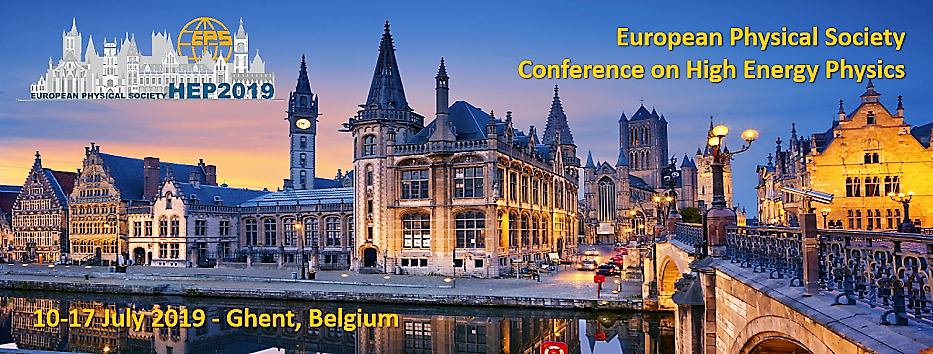Speaker
Description
The IceCube Neutrino Observatory has measured the astrophysical neutrino flux from tens of TeV up to PeV energies, with no significant indication of a cutoff at the highest energies. At these energies, the neutrino event-rates quickly drop and spectral measurements are statistically limited.
However, at an energy of $\approx 6.3\,$PeV, anti-electron neutrinos are expected to resonantly interact with atomic electrons via the Glashow resonance mechanism creating $W^-$-bosons, and thereby increasing the total neutrino interaction probability by two orders of magnitude. This process has so far never been experimentally observed.
Observation of Glashow resonance events would provide a unique possibility to measure the ratio of neutrinos and anti-neutrinos, which is an important input for the theoretical modelling of astrophysical accelerators.
In this talk, I will present our finding of a single partially-contained shower-like neutrino event with deposited energy $E_\text{dep} = 6.04^{+0.63}_{-0.61}\,$PeV, consistent with a neutrino interacting via the Glashow resonance.
The event shows a clear signature of relativistic muon production, consistent with a hadronic origin of the particle shower. The leading muon energy is estimated to $E_\mu=20^{+44}_{-5}\,$GeV and consistent with expectations for a hadronic W-decay with $\approx 6\,$ PeV lab-energy.
Furthermore, such an event topology is highly unlikely to arise from atmospheric background. With an estimated background rate of $10^{-7}$ in the 4.6 year search period, this strongly suggests an astrophysical origin of the neutrino.




